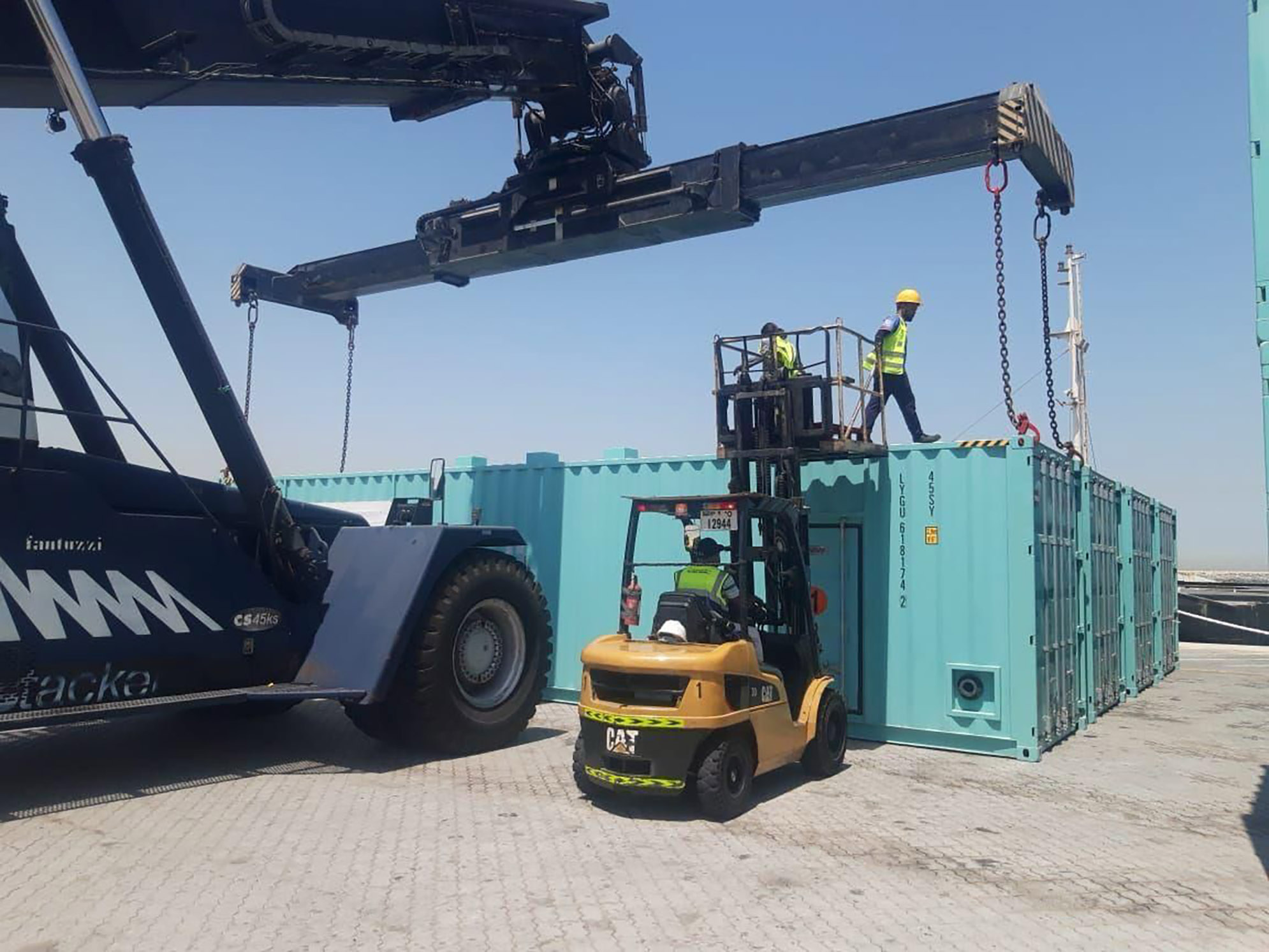More than one third of the agriculture ministry’s budget for 2026 will be spent on water development projects, Agriculture Minister Maria Panayiotou said on Monday, presenting it to the House finance committee.
Out of a total budget of €552.5 million, €38 million will be subsidised by the EU, and €195 million allocated for projects related to water policy, Panayiotou said.
Some of these, the minister said, are already underway, such as a study to identify water losses in the network and a scheme for the installation of small desalination units in hotel units.
She emphasised that instead of merely making use of desalination facilities in times of water scarcity, the ministry would begin acquiring water on a regular basis, with a sum of €140 million euro for this purpose.
Panayiotou told the finance committee last Friday the government wishes to “end the use of desalination plants as a reserve or on a case-by-case basis”, thereby releasing water from the island’s reservoirs for irrigation.
She said water quantities were expected to increase by at least 32 per cent with the addition of water gathered from the five permanent desalination units in Paphos, Episkopi, Vasiliko, Larnaca and Dhekelia.
Also, studies to examine the possibility of new permanent desalination units in eastern Limassol and Famagusta, as well as for irrigation projects in western Nicosia have been initiated.
Committee member and Diko MP Charalambos Pazaros, however, criticised the minister for adopting the relevant measures too late, claiming the current water scarcity had already been foreseeable three years ago and the delay led to the outsourcing of the respective costs to both consumers and producers.
“Due to the reduced production [caused by lack of water for farmers], the prices of local agricultural products will skyrocket, therefore the delay in adopting measures will be paid by our citizens and producers,” he said.
Akel MP Yiannakis Gavriel highlighted that several communities had no access to desalinated water, to which Panayiotou responded that examinations into the provision of access were currently being carried out with 11 borehole projects planned.
Gavriel, however, criticised that water scarcity remained a low-ranking priority for the ministry, which was why some farmers were currently left without any water.
“It is indicative that from a list of 60 water projects that were planned 10 years ago, only 14 have been implemented to date,” he said.
The budget, Gavriel said, followed the same pattern as in recent years and was overly concerned with management, failing to address the problems of the rural population.
The agriculture ministry’s budget amounted to €516.6 million in 2025, a 29 per cent increase from 2024 and €35.8 million less than set out in the ministry’s budget for 2026.






Click here to change your cookie preferences